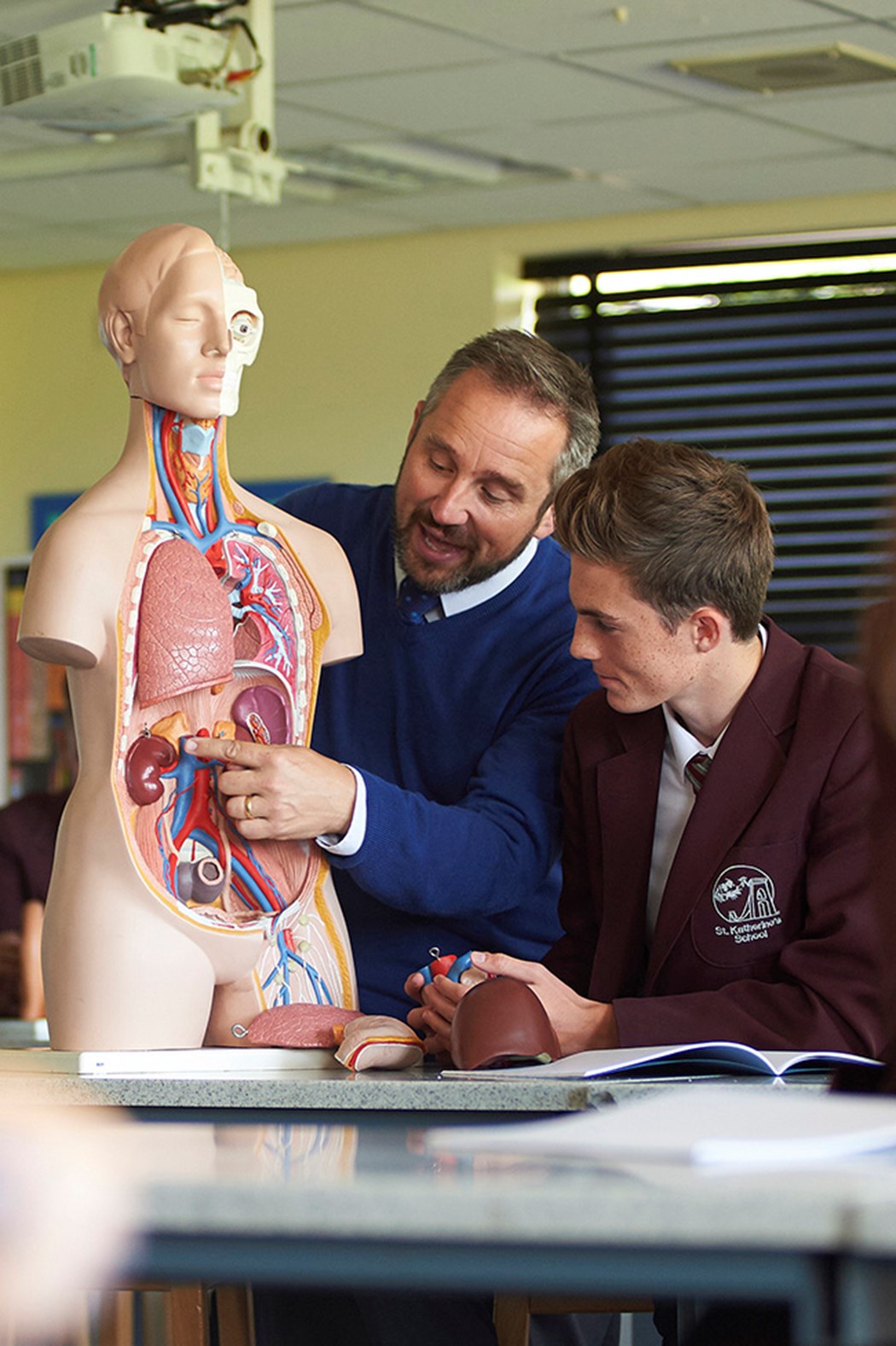Science is central to students' understanding of themselves and the world around them as science attempts to explain the universe around us all. We want all students to be excited by science and enjoy learning science. Science requires students to develop practical skills, investigation skills, logical thinking skills, numeracy skills and literacy skills. Students develop the knowledge and skill to critically evaluate claims based on science. Students also come to appreciate and understand the role that scientists and others have played in the development of human society, technology and knowledge. It is important that students appreciate the tentative nature of science and how scientific thinking and understanding has changed over time. As science educators, we have a duty and drive to inspire the next generation of scientists to enjoy this challenging and diverse subject. We think this is crucial, because science helps us understand the world including where we have come from, how we fit into it, and how to make it a better place. We achieve this through the specific disciplines of biology, chemistry and physics which are delivered by expert, specialist biology, chemistry and physics teachers across key stages 3-5.
Working scientifically is planned into the science curriculum with careful sequencing across the key stages. Practical work has been carefully planned to ensure that it reinforces the theoretical knowledge already taught or develops working scientifically skills. We are committed to using slow practicals to carefully deliver practical work so that student learning is optimised. Retrieval practice, modelling and checking for and addressing misconceptions are planned into the schemes of work. All lessons start with a maths in science question, and we are building and strengthening our links with the maths department to deliver shared topics with a shared pedagogy.
Literacy is a priority. We teach beyond the curriculum by embedding extended reading into our curriculum which will develop students literacy and science capital. We have designated extended writing lessons across KS3 and we are committed to developing students' scientific vocabulary, aided by our use of call and response, root words and KS3 literacy homework to introduce new vocabulary.
The development of science capital is important for all students, no matter their background. We develop science capital through extended reading, contexts built into lessons, career links embedded in lessons, topic homework tasks and trips and events. For example in year 9, all students have the opportunity to attend a field trip to experience life outside of the city. For some students this is their first experience of wildlife. We also promote STEM through targeted trips, events and competitions for example in our house competitions during British Science week. Our KS3 homework programme ensures that for every topic a science capital homework is completed often involving parents. These range from making presentations to parents, reading a chapter from a popular science book with parents, researching science careers, watching a documentary as a family, treasure hunts and quests around the house and local area with parents, listening to podcasts, and simple experiments to carry out at home with parental involvement. SMSC links are developed across year 7 to 13 allow students to develop into responsible citizens and balanced individuals. We actively look for opportunities to make our curriculum more inclusive and reflective of human diversity.
We are committed to offering triple science and A Level science to as many students as possible at St Katherine’s (63% of students are studying triple science. The number of students taking science A Levels has increased by 400% in the last 5 years). We are committed to providing all students with extracurricular science options available to them and all students are given STEM career information which inspires many to opt for triple sciences, A Level sciences and post 18 STEM qualifications and careers. This is important at St Katherine’s as we know that almost all students who take up STEM A Levels at St Katherine’s go on to STEM subjects at university (75% on average since 2018). There is a national shortage of people with STEM qualifications, and so it is essential that as many young people as possible are encouraged into STEM careers.

